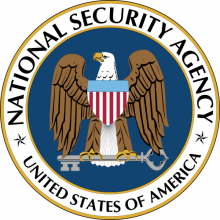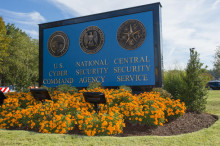NSA built 'Google-like' search engine for metadata
The National Security Agency built a "Google-like" search engine to give domestic and international government agencies access to details of billions of calls, texts and instant messages sent by millions of people, according to The Intercept.
The search engine, called ICReach, had behind it roughly 850 billion pieces of metadata in 2007 on calls made largely but not exclusively by foreign nationals, the report said.







































































